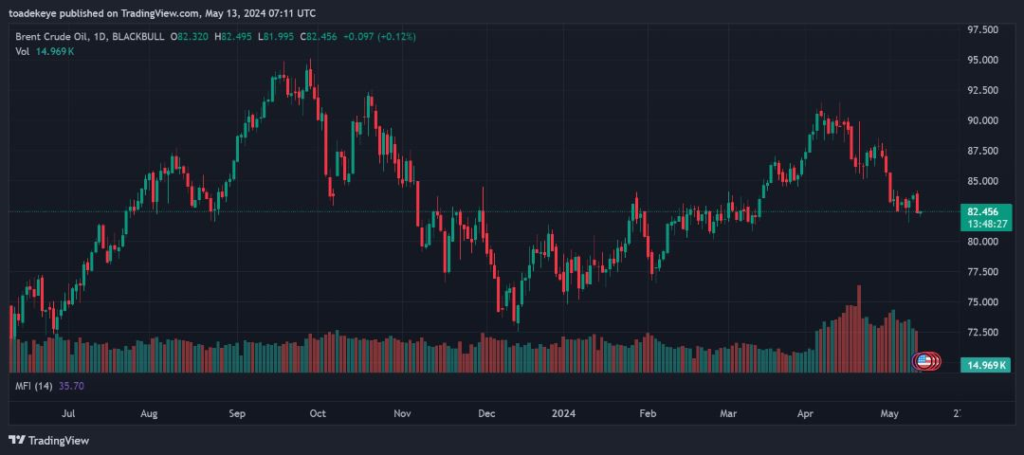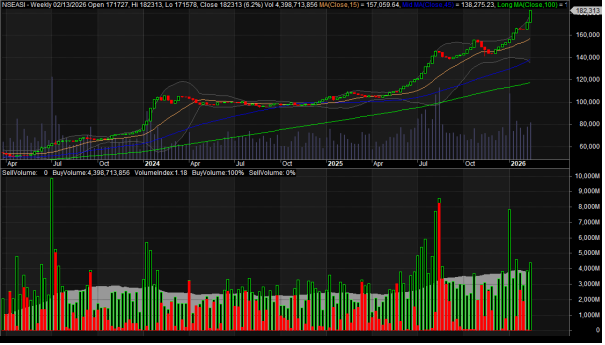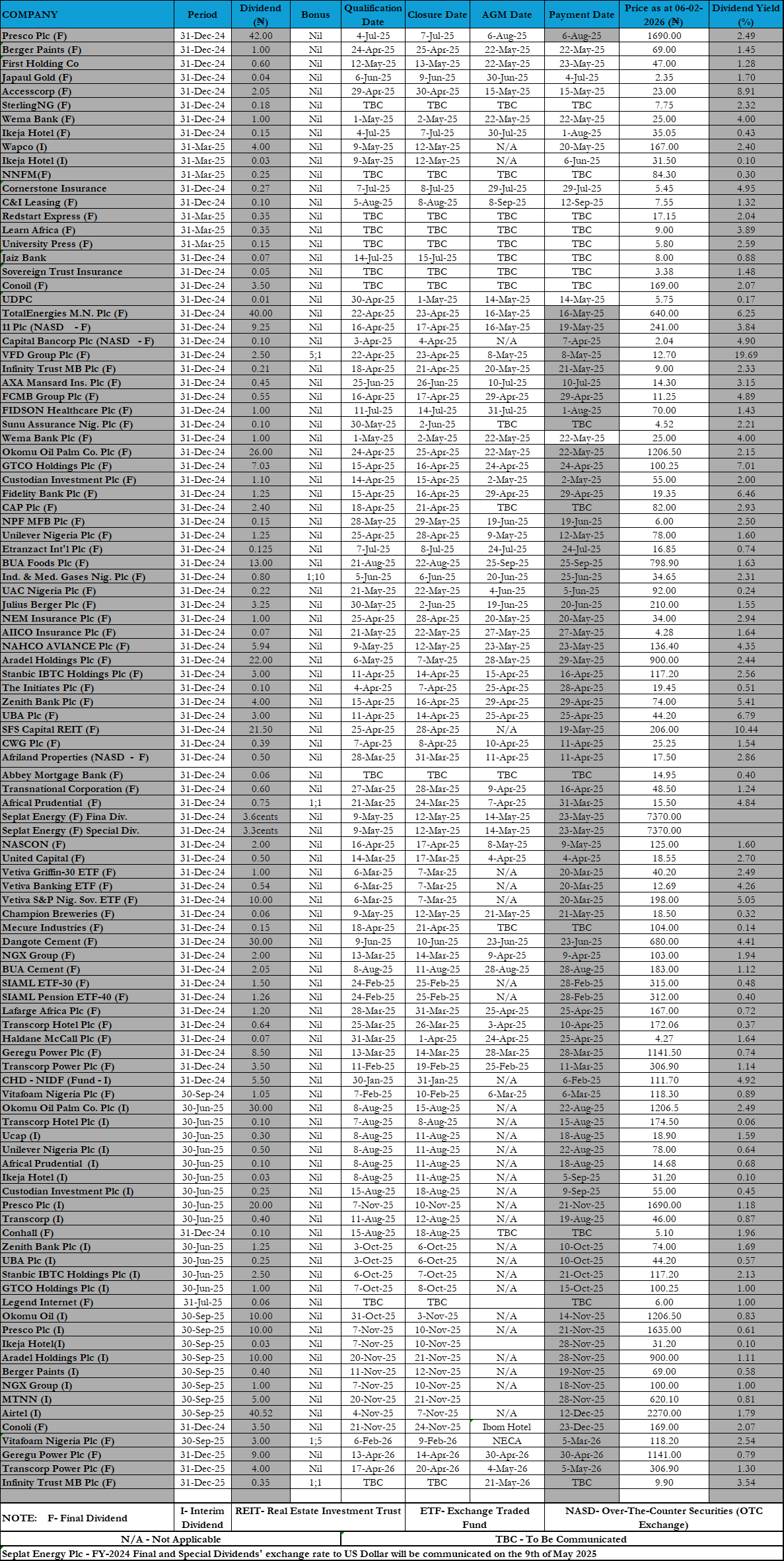
By Taiwo Adekeye, FMVA, Research Analyst
Oil prices dropped by nearly $1 per barrel on Friday in response to statements from U.S. central bank officials signaling the possibility of prolonged higher interest rates. This could potentially impede demand from the world’s largest consumers of crude oil. Brent crude futures settled at $82.79 a barrel, down by 1.3% while U.S. West Texas Intermediate crude settled at $78.26 a barrel, down by 1.3%. However for the week, For the week, Brent registered a 0.2% loss, while WTI recorded an increase of 0.2%. Additionally, higher interest rates typically slow economic activity and weaken oil demand.
Stocks Surge As European Shares Hit Fresh Highs As Dollars Slides
On Thursday, global stocks experienced a rally, driven by soaring European shares and a greater-than-anticipated increase in U.S. weekly jobless claims, which bolstered expectations for interest rate cuts. Meanwhile, the dollar weakened as investors awaited crucial inflation data scheduled for release next week. The pan-European STOXX 600 and Britain’s FTSE 100 (.FTSE) rose by 0.19% and 0.33%, respectively, to scale new record highs, after the Bank of England kept rates unchanged but suggested a cut is imminent. While Germany’s DAX also hit a peak, the U.S. major indices pulled higher with the Dow industrials rising for a seventh straight session. New signs of a softening labor market provided hope the Federal Reserve might cut rates as soon as September.
UK Rebounds From Recession, GDP Up 0.6%
In Q1’ 2024, Britain experienced its strongest economic growth in almost three years, signaling the conclusion of the minor recession it entered in the latter part of the previous year. This positive momentum is a boost for Prime Minister Rishi Sunak as he prepares for an upcoming election( Jan 28,2025). Gross domestic product rose by 0.6% in the three months to March, the strongest growth since Q4’ 2021 when it rose by 1.5%. However, Britain has still had one of the slowest recoveries from the effects of the coronavirus pandemic among major advanced economies, exacerbated by a surge in European natural gas prices after Russia invaded Ukraine in 2022.Additionally, at the end of Q1’ 2024, the nation’s economy had only grown by 1.7% compared to its pre-pandemic level in late 2019, with Germany being the sole G7 member to have performed worse in this regard.
Egypt’s External Debt Rises $3.5bn In 2023Q4
Egypt’s overseas debt surged by $3.5 billion in the quarter ending December. Total foreign debt rose to $168.0 billion from $164.5 billion at the end of September and $162.9 billion at the end of December 2022. Egypt has quadrupled its external debt since 2015 to help fund a new capital, build infrastructure, buy weapons and support an overvalued currency. After the Ukraine crisis, a prolonged deficiency in foreign currency prompted foreign investors to depart, compelling the government to request assistance from the International Monetary Fund. In March, the IMF approved an $8 billion package in response.
IMF Sees Nigeria’s 2024 Growth Forecast Steady At 3.3%
The International Monetary Fund maintained its growth forecast of 3.3% for Nigeria’s economy for 2024, up from 2.9% last year, citing a pick up in services and trade sectors. The IMF added that growth outlook was still challenging in Africa’s most populous nation and top oil producer, with food price inflation 40% in March, raising food security concern. The Fund projected that this year, fuel subsidies might amount to as high as 3% of GDP, as the rises in pump prices have failed to match their dollar cost.













